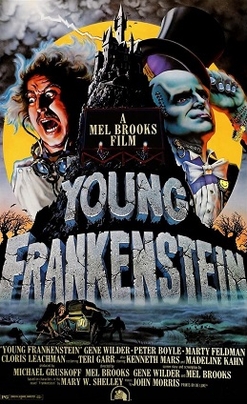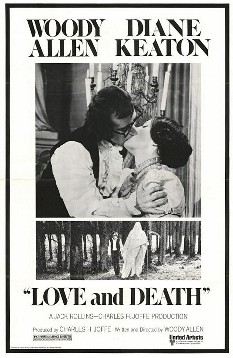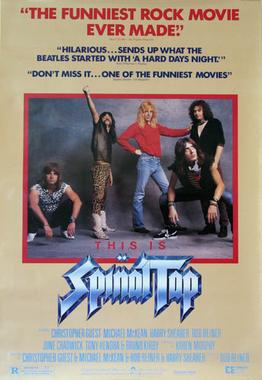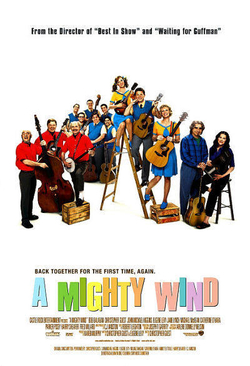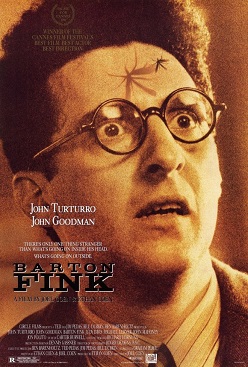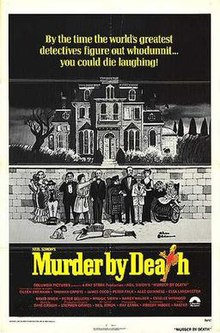At the end of my emergency room shift, I got a Twitter message that looked like this:
My first thought was, Did someone tag me by accident? As in, they want me to know about the Derringer Award, which honours the best short mystery fiction published in the English language?
But another tag-ee, Britni Patterson, was already celebrating, so my heart kicked into high gear, just wondering if I was a chosen one.
And if so, which story was it? I had two eligible tales. “Because,” a biting tale of 490 words published in Fiction River: Crime, and “Gone Fishing,” a 12,000-word serialized Hope Sze novella commissioned by Kobo and kindly mentioned by Sleuthsayers last year.
I clicked on the link and found this Derringer short list:
I do love that story.
Warning: it’s extremely noir. I don’t find it scary, but then I face blood, guts, vomit and potentially Ebola every day in the emergency room. I’ve already alerted the SleuthSayers powers that be that I’m not especially cozy. I’ve written what I consider cozies, and I love Precious Ramotswe and Agatha Raisin, but I also regularly stare into the darkness and take notes. When I attended the Writers of the Future winners’ workshop in 2000 and turned in a pitiless story about werewolves, the Grand Prize winner, Gary Murphy, stared at me and said, “I can’t believe that such a sweet-looking woman wrote this!"
I laughed. I adore werewolves. And good stories of any stripe.
But Cozy Monday may need a new name. Any suggestions? Cozy or Not; Cozy and Noir; Alternatively Cozy Mondays (because I’ll bet Jan Grape can stick to one genre better than literary sluts like Fran Rizer and Melodie Campbell and me); Cozy and Crazy…hmm.
Back to the Derringer. Until now, I never really understood why awards have a short list. Well, I understood whittling down the list so that celebrity judges don’t need to plow through a mountain of stories.
But now I get the glory of the finalist. I’ve won other prizes in a binary announcement. Either I win the award or I don’t. But right now, the uncertainty makes it all the more treacherous and exciting!
 If you're curious, I’ve published “Because” for free on my website for the next week only. You can download it to your friendly neighbourhood Kindle, Kobo, iBooks device, Smashwords, or any format for a whopping 99 cents. That price will triple in a week. Please admire the cover photo by 28-year-old French photographer Olivier Potet. The non-cropped version is even better.
If you're curious, I’ve published “Because” for free on my website for the next week only. You can download it to your friendly neighbourhood Kindle, Kobo, iBooks device, Smashwords, or any format for a whopping 99 cents. That price will triple in a week. Please admire the cover photo by 28-year-old French photographer Olivier Potet. The non-cropped version is even better.
If Because tickled your fancy, you can also download Code Blues, the first Hope Sze novel, for free, as part of a bundle on Vuze, until March 16th.
 And please tune in on March 23rd, when I plan to write about how medicine trains your mind for detective work. Watson, anyone?
And please tune in on March 23rd, when I plan to write about how medicine trains your mind for detective work. Watson, anyone?
 |
| Quoi? Dr_sassy and the Derringers? That's never happened before. Sounds like a good band title, though. |
My first thought was, Did someone tag me by accident? As in, they want me to know about the Derringer Award, which honours the best short mystery fiction published in the English language?
But another tag-ee, Britni Patterson, was already celebrating, so my heart kicked into high gear, just wondering if I was a chosen one.
And if so, which story was it? I had two eligible tales. “Because,” a biting tale of 490 words published in Fiction River: Crime, and “Gone Fishing,” a 12,000-word serialized Hope Sze novella commissioned by Kobo and kindly mentioned by Sleuthsayers last year.
I clicked on the link and found this Derringer short list:
For Best Flash (Up to 1,000 words)
- Joseph D’Agnese, “How Lil Jimmy Beat the Big C” (Shotgun Honey, May 12, 2014)
- Rob Hart, “Foodies” (Shotgun Honey, May 2, 2014)
- Jed Power, “Sweet Smells” (Shotgun Honey, July 28, 2014)
- Eryk Pruitt, “Knockout” (Out of the Gutter Online, August 31, 2014)
- Travis Richardson, “Because” (Out of the Gutter Online, May 15, 2014)*
- Melissa Yuan-Innes, “Because” (Fiction River: Crime, March 2014)*
I do love that story.
Warning: it’s extremely noir. I don’t find it scary, but then I face blood, guts, vomit and potentially Ebola every day in the emergency room. I’ve already alerted the SleuthSayers powers that be that I’m not especially cozy. I’ve written what I consider cozies, and I love Precious Ramotswe and Agatha Raisin, but I also regularly stare into the darkness and take notes. When I attended the Writers of the Future winners’ workshop in 2000 and turned in a pitiless story about werewolves, the Grand Prize winner, Gary Murphy, stared at me and said, “I can’t believe that such a sweet-looking woman wrote this!"
I laughed. I adore werewolves. And good stories of any stripe.
But Cozy Monday may need a new name. Any suggestions? Cozy or Not; Cozy and Noir; Alternatively Cozy Mondays (because I’ll bet Jan Grape can stick to one genre better than literary sluts like Fran Rizer and Melodie Campbell and me); Cozy and Crazy…hmm.
Back to the Derringer. Until now, I never really understood why awards have a short list. Well, I understood whittling down the list so that celebrity judges don’t need to plow through a mountain of stories.
But now I get the glory of the finalist. I’ve won other prizes in a binary announcement. Either I win the award or I don’t. But right now, the uncertainty makes it all the more treacherous and exciting!
 If you're curious, I’ve published “Because” for free on my website for the next week only. You can download it to your friendly neighbourhood Kindle, Kobo, iBooks device, Smashwords, or any format for a whopping 99 cents. That price will triple in a week. Please admire the cover photo by 28-year-old French photographer Olivier Potet. The non-cropped version is even better.
If you're curious, I’ve published “Because” for free on my website for the next week only. You can download it to your friendly neighbourhood Kindle, Kobo, iBooks device, Smashwords, or any format for a whopping 99 cents. That price will triple in a week. Please admire the cover photo by 28-year-old French photographer Olivier Potet. The non-cropped version is even better.If Because tickled your fancy, you can also download Code Blues, the first Hope Sze novel, for free, as part of a bundle on Vuze, until March 16th.
 And please tune in on March 23rd, when I plan to write about how medicine trains your mind for detective work. Watson, anyone?
And please tune in on March 23rd, when I plan to write about how medicine trains your mind for detective work. Watson, anyone?





.jpg)


















